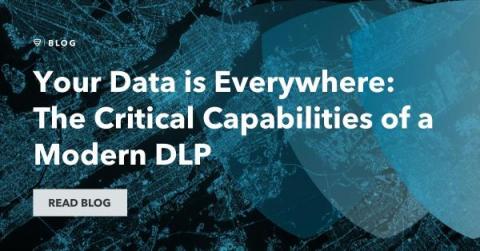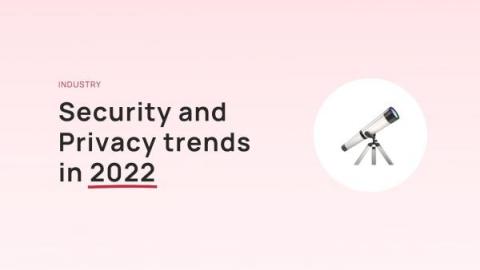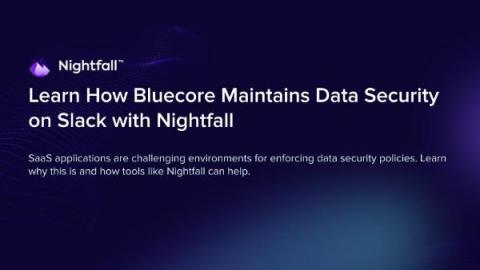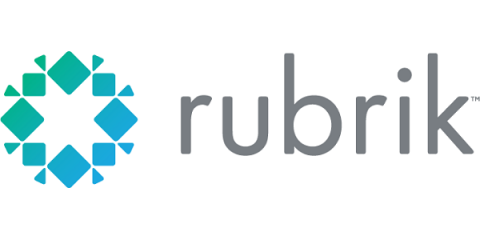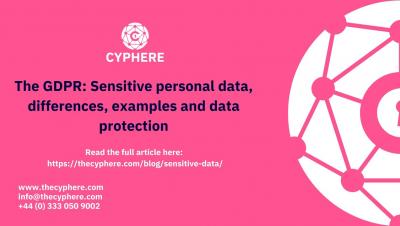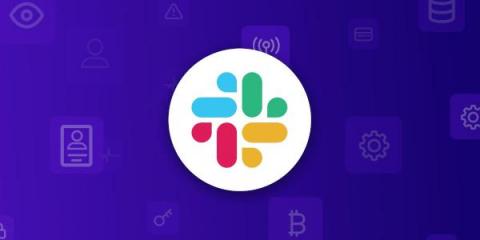Security | Threat Detection | Cyberattacks | DevSecOps | Compliance
Data Security
The latest News and Information on Data Security including privacy, protection, and encryption.
Your Data is Everywhere: Here are the Critical Capabilities of a Modern Data Loss Prevention (DLP)
In some ways, IT teams had a great life in the early 2000s. Data was stored inside data centers and accessed through known ingress and egress points like a castle with a limited number of gates. As a result, organizations had control over exactly whom and what devices could access company data. This is no longer the case. With users accessing cloud applications with whatever networks and devices are at their disposal, those defense mechanisms have become inadequate.
How To Manage The Hidden Impacts of Data Leak With Cloud DLP
Data leaks are a type of data loss threat that often fly under the radar — making them potentially more damaging than a malware or ransomware attack. Compared to data breaches, data leaks put customer information at risk accidentally. Data leaks can lead to credit card fraud, extortion, stolen IP, and further attacks by cybercriminals who seek to take advantage of security misconfigurations.
Security and privacy trends to watch for in 2022
What can data security and privacy leaders expect from the year ahead? How will key trends shape the industry? Our team looks at three key trends that will impact security and privacy in 2022, and what leaders can do to get ahead of the curve.
Endangered data in online transactions and how to safeguard company information
This blog was written by an independent guest blogger. Online transactions are essential for every modern business. From online shopping to banking, transferring funds, and sending invoices, online transactions ensure utter convenience and efficiency. However, the familiarity of making financial transactions online can make people forget about security and all the dangers that they may be facing. On top of that, new cybersecurity threats keep popping up constantly.
ICYMI: 5 Major Considerations for Slack Security in 2022
Last month, on December 8, we hosted a webinar alongside Bluecore CISO Brent Lassi to discuss data security risks facing high-growth organizations like his on SaaS systems like Slack. With 2022 just beginning, we wanted to share 5 important lessons about Slack and SaaS security that are worth keeping in mind this year.
Simulating data for VFSim: Part 3
Part 2 in this series dealt with filesystem tree generation. In this part, we will look into the data of the files themselves and how they relate to tree generation.
APIDays: Data Privacy in the age of cloud-native applications
APIDays is a world series of conferences about—you guessed it—APIs. It made a lot of sense for us to attend it in past years, since we started Bearer as an API monitoring platform. As we pivoted to a data security product a year ago, we wondered if we still had something to contribute. That was until we learned that APIDays would host the Privacy Engineer Conference.
Sensitive Data: What is it, and why you should never share it.
The Essential Guide to Slack Data Loss Prevention (DLP)
DLP ensures confidential or sensitive information (like credit card numbers, PII, and API keys) isn’t shared outside of Slack by scanning for content within messages and files that break predefined policies. DLP is important for both security and compliance reasons. With DLP in place, you’ll be able to.



